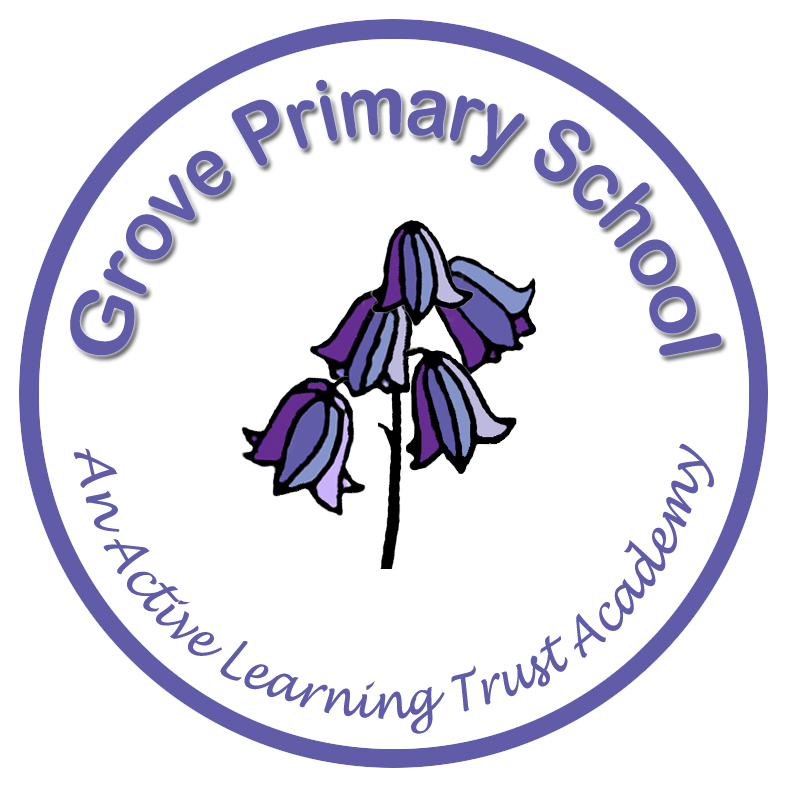Communication and Oracy
Leadership of Oracy at Grove Primary School.
Accountable: Mrs Kelly Hough and Mrs Lauraine Barnes
Responsible: Mr Kyle Bessey and Miss Rachel Allen
Intent
Communication and Oracy underpins everything we do at Grove and Westwood. Communication involves learning to talk and oracy is learning through talk.
Communication and Language is one of three Prime Areas of the EYFS curriculum. We recognise the national profile of special educational needs is also telling at earlier stages in a child’s life. The most prevalent need is speech, language and communication. At Grove and Westwood, we recognise the importance of building strong foundations and communication is at the heart of all learning. As human beings, talk is essential for expressing our needs and ideas and understanding others. Through eye contact, gesture, and sound, a child can share their thoughts and intentions, and use vocabulary related to what they are doing. A skilful use of language underpins learning across all areas of our early year's curriculum, and this continues their learning journey through school. For all staff, supporting children to develop rich communication and language should be a high priority. Communication strongly links to Personal, Social and Emotional Development. Our children are taught how to communicate their wants and needs effectively. In Early Years, the focus is on Speaking, Listening and Attention, Comprehension and Expressive Language. Staff use open-ended questions to further children’s learning. Communication and Oracy are threads that run through the school, from EYFS to Year 6.
Our aim is to embed Oracy development in all subjects across the curriculum. Our children should be able to articulate their thoughts clearly and explain their learning using key vocabulary and appropriate grammar. We aim to develop the children’s physical, cognitive, linguistic and social/emotional Oracy through explicit teaching for them to have opportunities in their future. We provide support to all children to develop their skills and ability to have an effective discussion. We strive to enable better access to the curriculum for all learners (especially those who have barriers to writing). We acknowledge and address the fact that pupils are entering the early years with low levels of language. We support pupils to manage behaviour through discussion and reparation, and we promote a ‘love of talk’ in the same way that the schools develop a love of other subjects. A particular aim is to prepare children to be able to thrive in social situations in adulthood.
Pillars

Oracy Framework

Our Oracy posters





